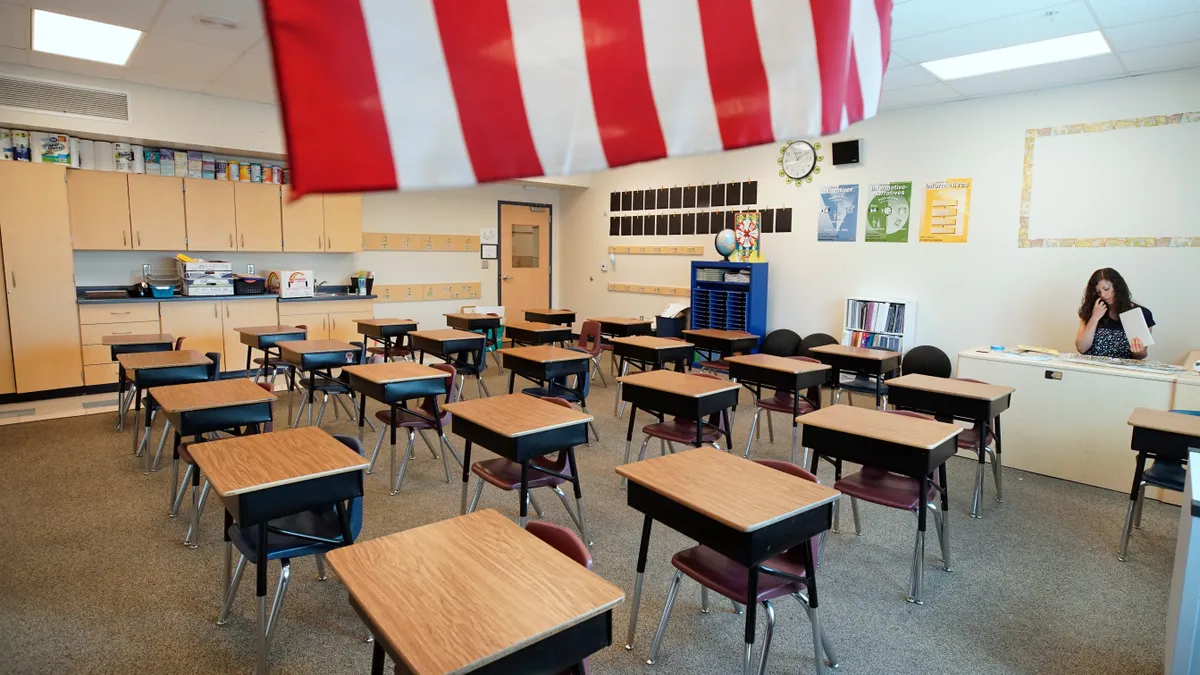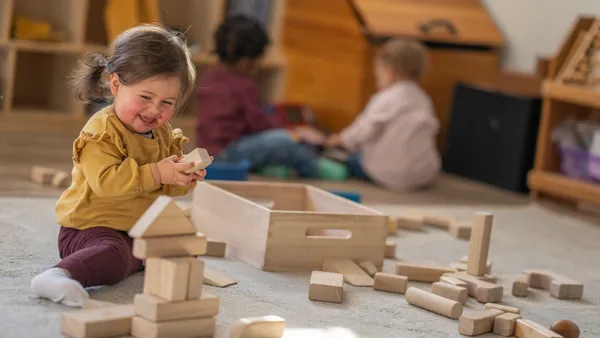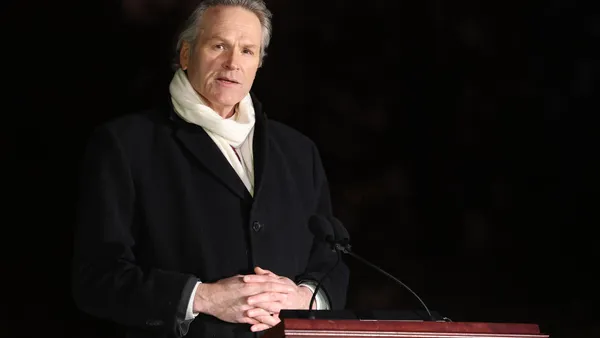Dive Brief:
-
The teacher shortage came to Capitol Hill Wednesday, as lawmakers and witnesses explored federal solutions aimed at easing the long-standing problem that has only been made worse by COVID-19 disruptions.
-
For some speakers, solutions include funding for community schools with wraparound services, more collective bargaining, investments in public loan forgiveness programs and teacher residency programs, or expanding state school choice options to let parents pay teachers directly if they want their children to attend micro-schools or learning pods. Others, however, argued for reducing barriers to entry by relaxing certain teaching credentials.
-
The hearing came a day after a shooting at Robb Elementary School in Uvalde, Texas, that resulted in the deaths of at least 19 children and two teachers. Many of those who spoke acknowledged and denounced the tragedy, with some lawmakers wondering how it would impact the willingness to enter a field where teachers may no longer feel safe.
Dive Insight:
Congress has already allocated more funding this year to community schools, minority serving institutions, historically Black colleges and universities, and teacher preparation and residency programs, Rep. Rosa DeLauro, D-Connecticut, said during the virtual House Labor, Health and Human Services, Education and Related Agencies subcommittee hearing on teacher shortages.
“We have an opportunity to make the investments at this time in areas that have really been either flat-funded or underfunded for years,” DeLauro said. “I feel good … that we are on track. I want us to be able to do more.”
Wednesday's session marked the first time the subcommittee has held a hearing on teaching shortages since the pandemic began, DeLauro said.
The teacher shortage problem has been roundly noted, with 44% of public schools reporting full- or part-time teacher vacancies, according to a National Center for Education Statistics survey of 670 public schools released in March.
During the hearing, Lindsey Burke, director of the Heritage Foundation’s Center for Education Policy, said union-supported policies like rewarding teachers for receiving a master’s degree force teachers to take on more debt. At the same time, Burke said, there’s no evidence student outcomes improve after teachers earn these additional degrees.
“The teaching profession is constrained by policies that mandate aspiring teachers obtain paper credentials, often at a substantial cost,” she said. “Requiring several years of certification work can be a significant deterrent for certain individuals, such as mid-career professionals who would otherwise consider entering the teaching profession.”
Burke also said districts have been hiring more administrators than teaching staff. But American Federation of Teachers President Randi Weingarten countered that that is partially due to increased federal requirements for data requests in education.
When the number of certified teachers increased in New York City, Weingarten said, student test scores significantly improved the next year.
Desiree Carver-Thomas, a researcher and policy analyst at Learning Policy Institute, told the hearing it’s important to enact long-term solutions and investments now to address the teacher shortage. This will help avoid short-term reactions that could undercut student outcomes, she said.
Long-term solutions include investing in affordable, comprehensive teacher preparation programs, she said, adding that she stands by the value of teacher certification.
DeLauro said there is a need for mental health supports that can reassure students, staff and families that schools are a safe environment.
“We have to assure teachers and their families that, yes, they are safe, and that we respect them and respect what they do, and put aside those who want to just foment dissension amongst our teachers and parents,” she said.
Rep. Barbara Lee, D-California, asked how the epidemic of gun violence, as evidenced by Tuesday's school shooting in Uvalde, Texas, is impacting the desire to pursue a teaching career.
Weingarten responded that teachers are “thinking about how we create a safe, welcoming environment for all of us.”
One way to do this is by investing in community schools with wraparound services, she said.
“Schools are relational," Weingarten said. "If we create the trust and reconnect in terms of relationships, particularly in a post-COVID era, that’s going to be really, really helpful. That’s what teachers are thinking about — not hardening schools, not arming themselves, but how we can create a safe, welcoming environment."







 Dive Awards
Dive Awards






